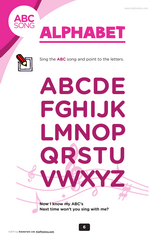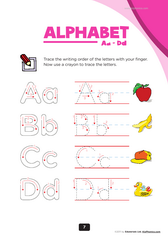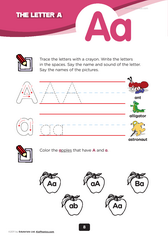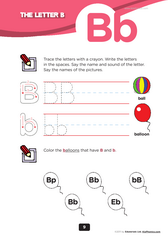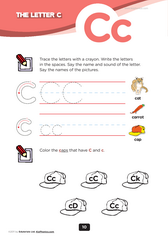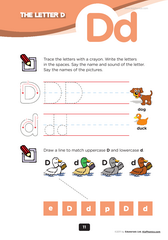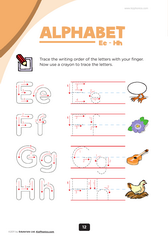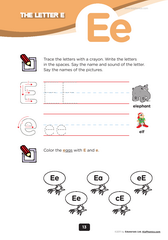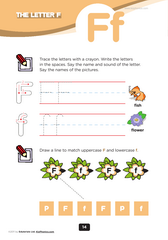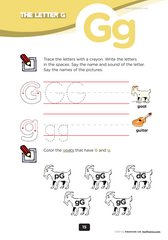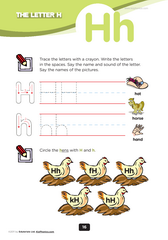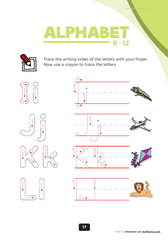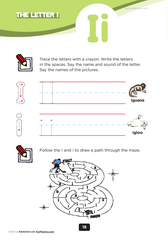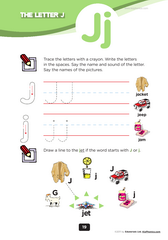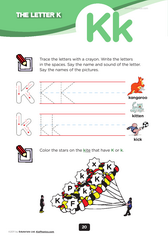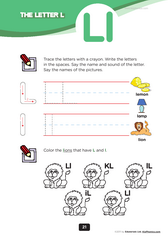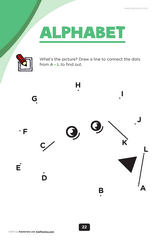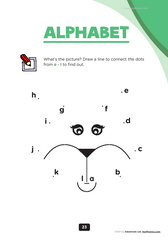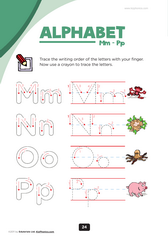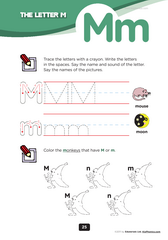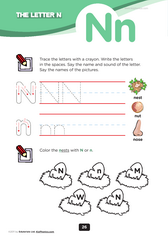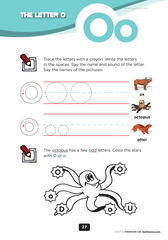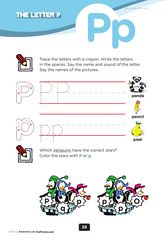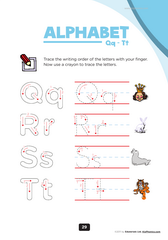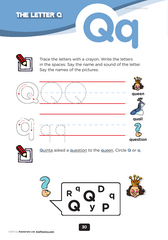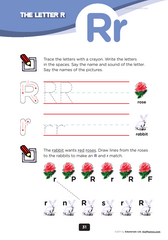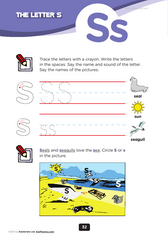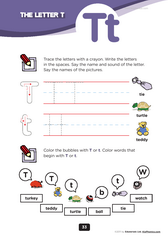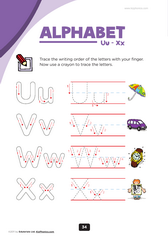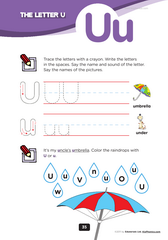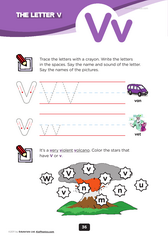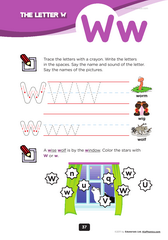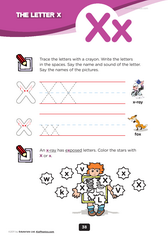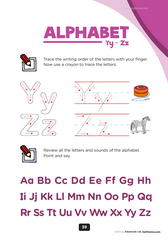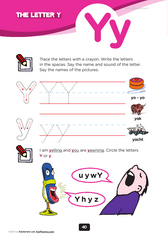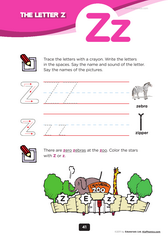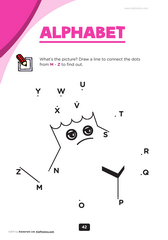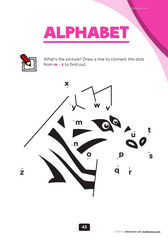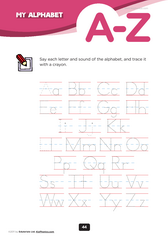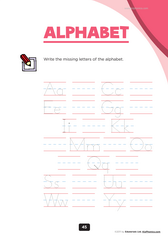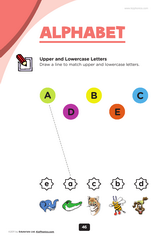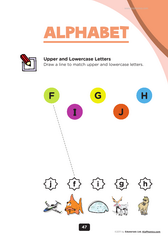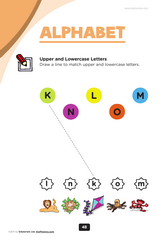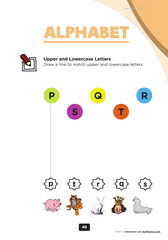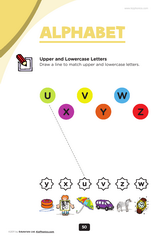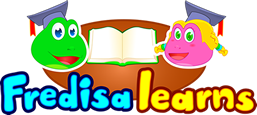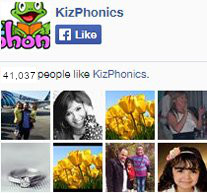Unlock the World of Words: The Importance of Preschool Phonics Worksheets
Introducing Phonics Worksheets for Preschoolers
The journey into the world of words begins early. And what better way to pave this path than through engaging and educational preschool phonics worksheets? This form of structured learning not only instills the basics of the alphabet and handwriting but also serves as an introduction to phonics. This article delves into why preschool worksheets for letters are so crucial and how they can enrich your child's early educational experience.
What Are Preschool Worksheets Letters?
Preschool letters worksheets are a set of instructional materials designed to introduce young children to the alphabet. They can range from simple letter recognition exercises to more complex tasks like handwriting letters and initial sound identification.
The Role of Preschool Letter Worksheets in Phonics
In the context of phonics, preschool worksheets are tools that help children understand the connection between letters and their sounds. They are often the first step in a comprehensive phonics program, introducing kids to the basic building blocks of reading and spelling. Phonics worksheets are a crucial part of a well-rounded early childhood literacy curriculum.
Types of Letter Worksheet Preschool Offers
When it comes to preschool worksheets for letters, there are various types to choose from:
Letter Recognition Worksheets: These introduce children to uppercase and lowercase letters, teaching them to recognize letters visually.
Letter Sound Worksheets: These focus on teaching the sounds that correspond to each letter of the alphabet.
Handwriting Letters Worksheets: These are designed to practice writing individual letters, enhancing hand-eye coordination and motor skills.
Benefits of Using Preschool Worksheets for Letters
Language Development: Early exposure to letters and sounds paves the way for language development.
Fine Motor Skills: Worksheets that involve handwriting letters help develop fine motor skills.
Preparedness for School: Having a basic understanding of letters prepares kids for the structured learning they will encounter in school.
Engaging Worksheets for an Interactive Learning Experience
It’s crucial that preschool letter worksheets are not just instructive but also engaging. Colorful illustrations, cut-out activities, and puzzles can make the learning process more interactive. For an even more enriching experience, consider utilizing digital worksheets that can be used on tablets or computers.
For a well-curated range of preschool phonics worksheets, visit this link.
Customization: A Key to Effective Learning
One size does not fit all when it comes to education. The best phonics worksheets can be adapted to the individual learning pace and interests of each child. Whether your little one is struggling with letter recognition or is ready to jump into handwriting, a variety of worksheets should be available to meet their specific needs.
Tips for Parents and Educators
Consistency is Key: Regular practice with worksheets can yield impressive results over time.
Make it Fun: Turn worksheet time into a game to keep children engaged.
Combine with Other Learning Tools: Worksheets are most effective when used in combination with other teaching methods like songs, videos, and interactive games.
Conclusion: The Lasting Impact of Preschool Worksheets for Letters
The preschool years are a pivotal time for setting the foundation for literacy. Worksheets that focus on letters can play a crucial role in this early stage. These worksheets not only introduce young minds to the alphabet but also pave the way for a strong and lifelong relationship with language and literature. In a world increasingly reliant on strong communication skills, starting early with resources like these preschool phonics worksheets can give your child the edge they need for success in school and beyond.

